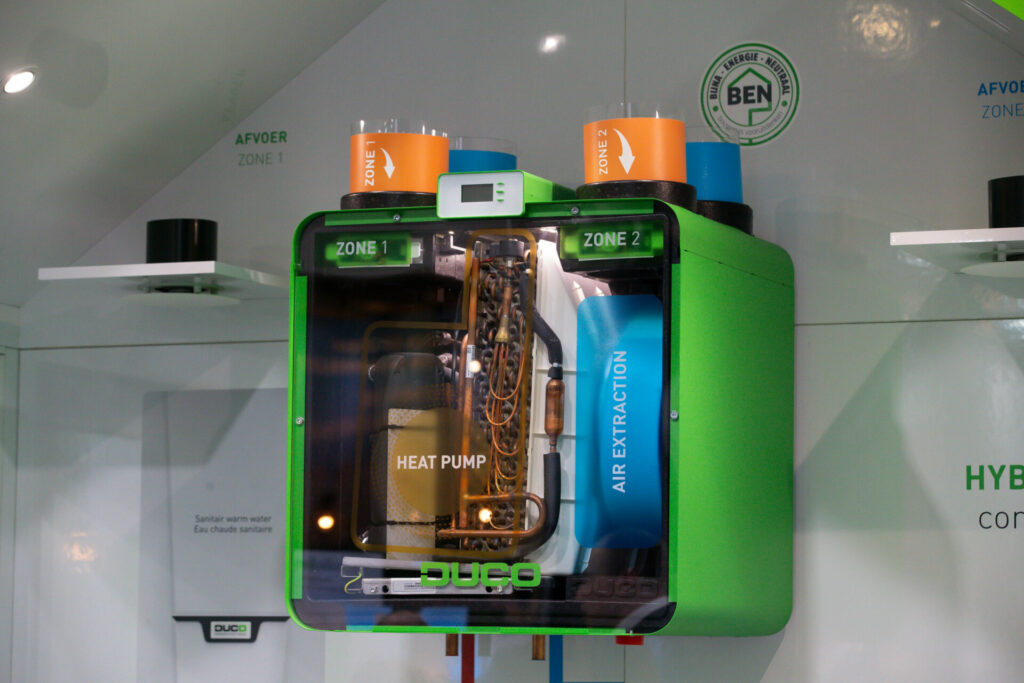The Netherlands and Germany will introduce a ban on classic gas boilers to stop using fossil fuels for heating buildings as soon as possible. Now Flanders is taking steps to shift to renewable energy.
From 2026, all central heating boilers that break down in the Netherlands will have to be replaced by a heat pump. Germany is implementing this new measure even earlier, as all new heating systems in the country now have to run predominantly on renewable energy, with heat pumps proposed as the main alternative.
"We can expect Flanders to introduce a similar heating boiler ban in the future," Griet Verbeeck, Sustainability Coordinator at Hasselt University, told VRT. The region already plans to prohibit newly built homes from connecting to the natural gas network from 2025.
At the moment, it is already the case that if an oil boiler breaks down, you are not allowed to replace it with a new oil boiler, she explained, adding that this ban will likely be extended to include gas boilers soon.
"It is a good thing that the Netherlands and Germany are announcing the future ban now," said Verbeeck. "In this way, people can prepare well and anticipate. If someone has plans to renovate, they can now do so whilst taking future regulations into account."
Pump up the jam
The main alternative proposed to classic gas boilers are heat pumps, which use heat from the air, soil or groundwater and generate warmth using electricity. Another solution could be hybrid heat pumps: a combination of a classic heat pump and a small gas boiler that can be used on particularly cold days, Het Nieuwsblad reports.
Still, there are some obstacles for heat pumps, such as the question of whether there are enough of them for the imminent major transition, said Verbeeck. "At the moment, just like with many other materials in construction, we are experiencing a bit of a delay. But it should work itself out in time."
Installing heat pumps in older buildings will also be a considerable challenge, as a house should be well-insulated before one is installed, she stressed. "A heat pump is a system that heats at lower temperatures, so we have to ensure that it is powerful enough to heat the house."
Related News
- Trend for tiny ecological houses growing strongly in Europe
- Belgium reduced demand for gas by a fifth in 2022
- Explained: What support can you receive in Belgium for energy-efficient renovations?
Additionally, the pump must be placed on the exterior of the house or underneath it – which is not immediately obvious with all old buildings.
"And then there is the cost," said Verbeeck. A heat pump costs between €6,000 and €20,000, which doesn't include the installation costs and the mandatory insulation of a building. "But it's financially worth it in the long term."
Even so, she recognised that not everyone can cough up the money to install one in the first instance. "Therefore, there are also several premiums and subsidies for people who want to install a heat pump in an existing building."

